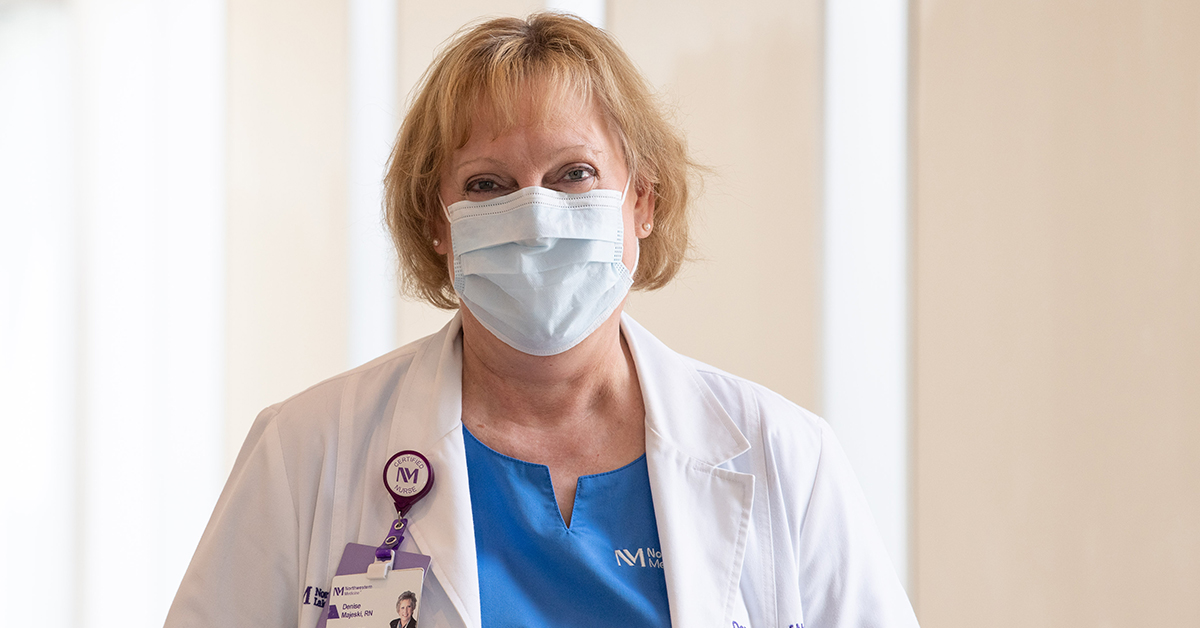The Woman’s Board voted to grant $200,000 over two years to Project Safe Space Chicago, a network of community organizations across Chicago working on behalf of survivors of Intimate Partner Violence (IPV), sexual assault, and sex trafficking. During the COVID-19 pandemic, many of the restrictions in place severely limit the places in which a survivor is able to seek safety and assistance. Dr. Simon states: “With these restrictions and increased stressors, the use of violence may also increase without outlets to decompress—and with financial, occupational-relational, and social resources being diminished, these stressors have the potential to increase the number of instances and severity of violence.”
Funds for this project will develop a training program for all Northwestern Medicine frontline providers to improve screening, identification, and resource referral for patients. Additionally, funds distributed to our community partners will be put to immediate use to address the urgent needs to ensure survivors’ safety. These direct resources include: money to support transportation, shelter beds, Airbnb beds, food, phones/internet access, and other important emergency relief items to provide safety for a survivor.
Project Safe Space Chicago
- Melissa Simon, MD, MPH
- Obstetrics and Gynecology
In addition to the Evergreen Invitational Grant supporting Project Safe Space Chicago, The Woman’s Board is proud to provide additional funding to community-based organizations to address community needs exacerbated by the COVID-19 pandemic, such as food and housing insecurity. To aid social workers’ struggle to find placements for homeless women and children, The Woman’s Board made a gift of $50,000 to support 2-3 beds for vulnerable women and children for 6-12 months through Safe Haven, NMH’s housing partner. The Woman’s Board voted to fund a second $50,000 gift to address the urgent food insecurity experienced by many. These funds will be shared among existing health partners on the north, south and west sides of Chicago.
Food and Housing Insecurity
- Lisa Azu-Popow
- Community Services

